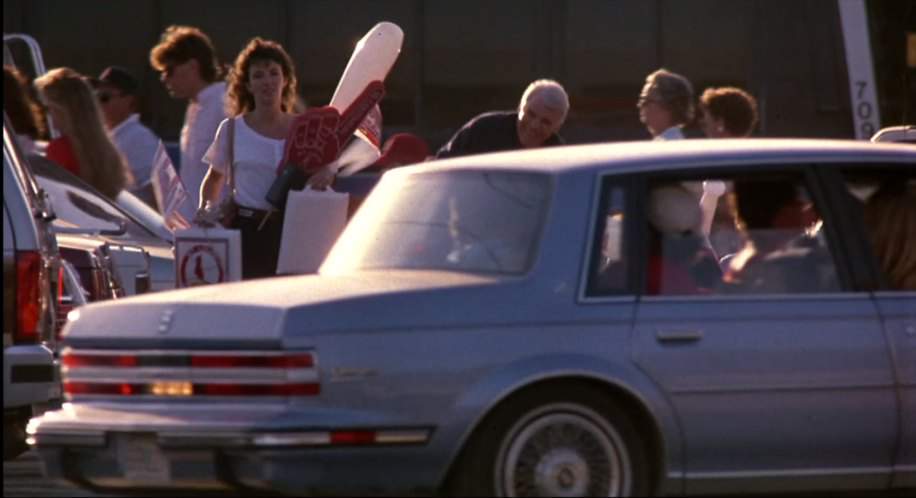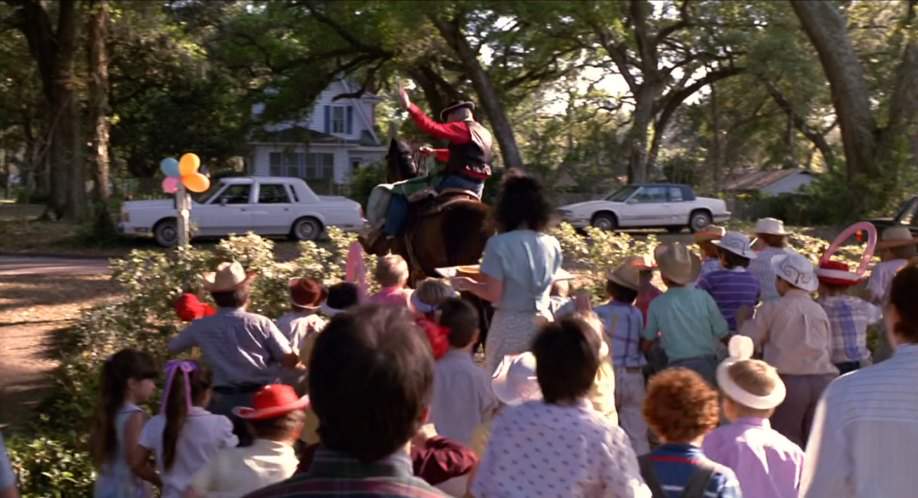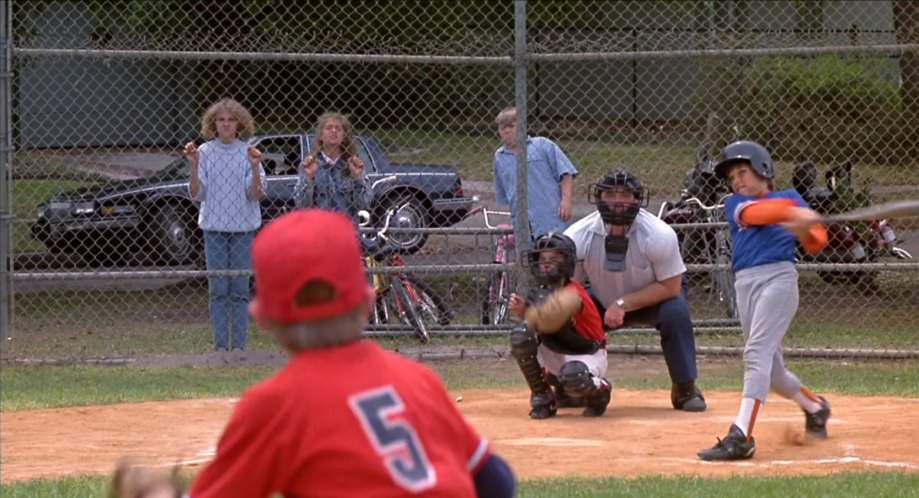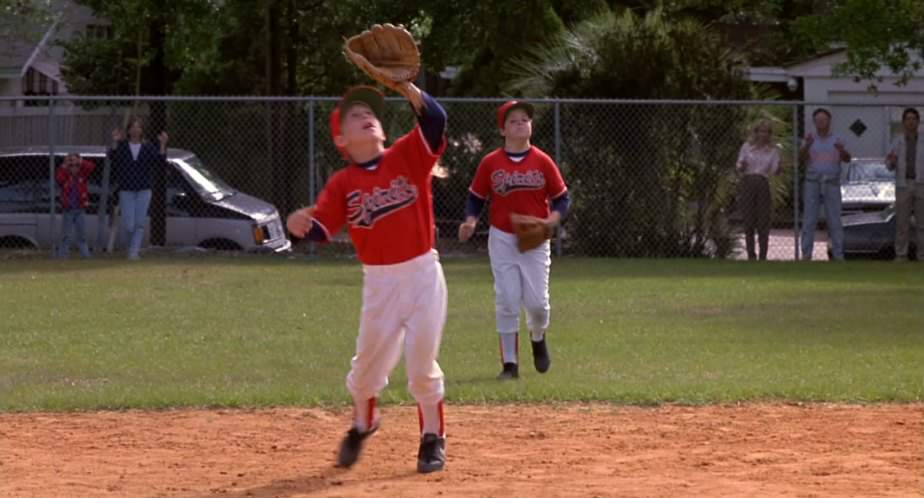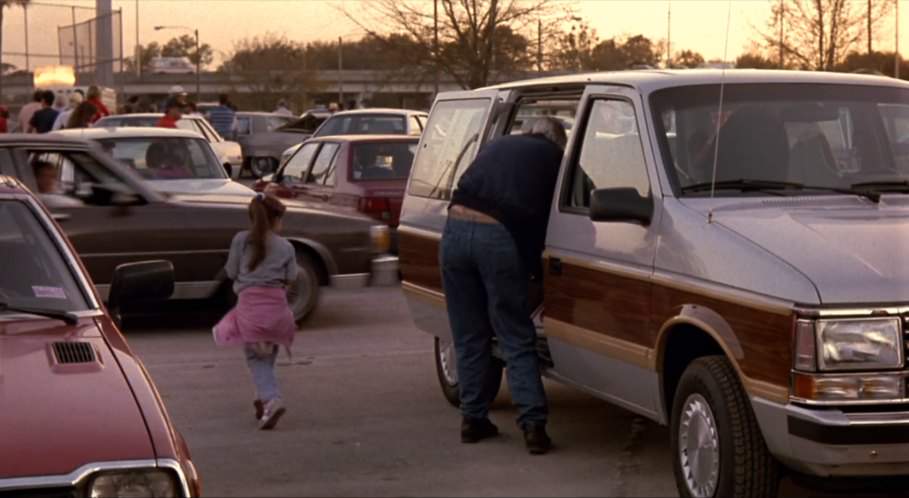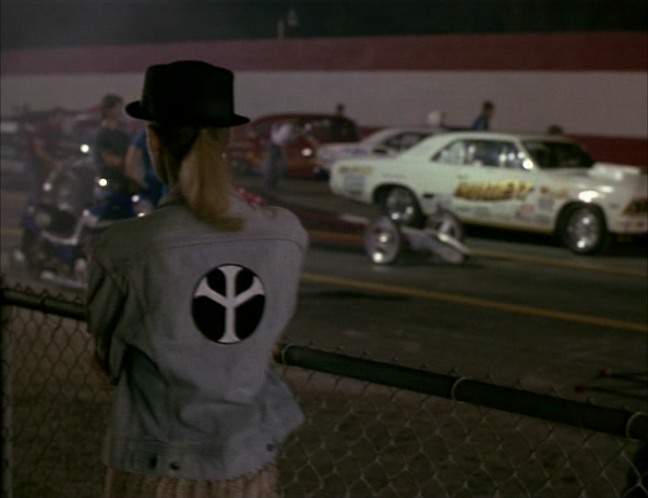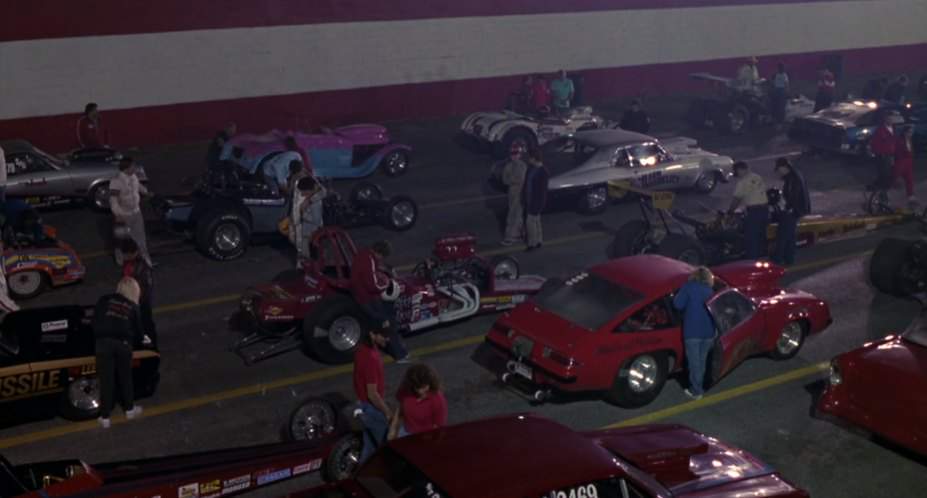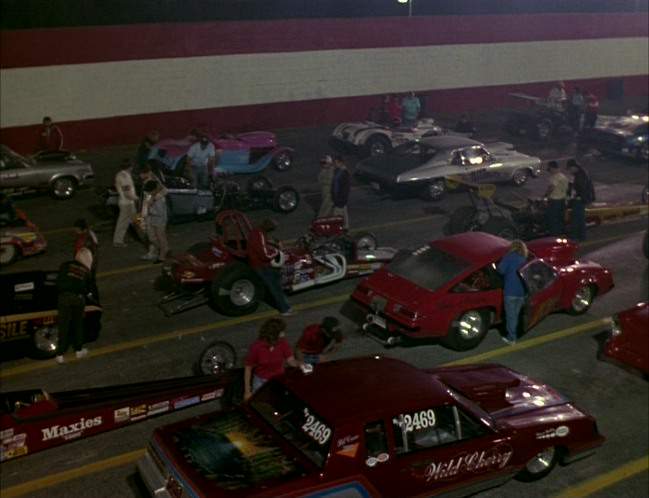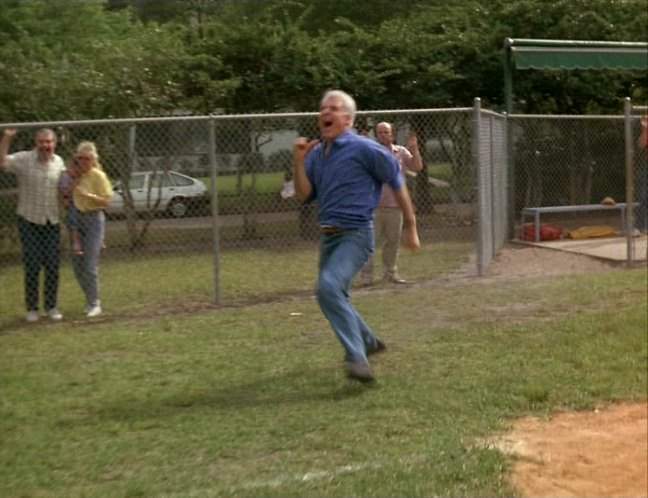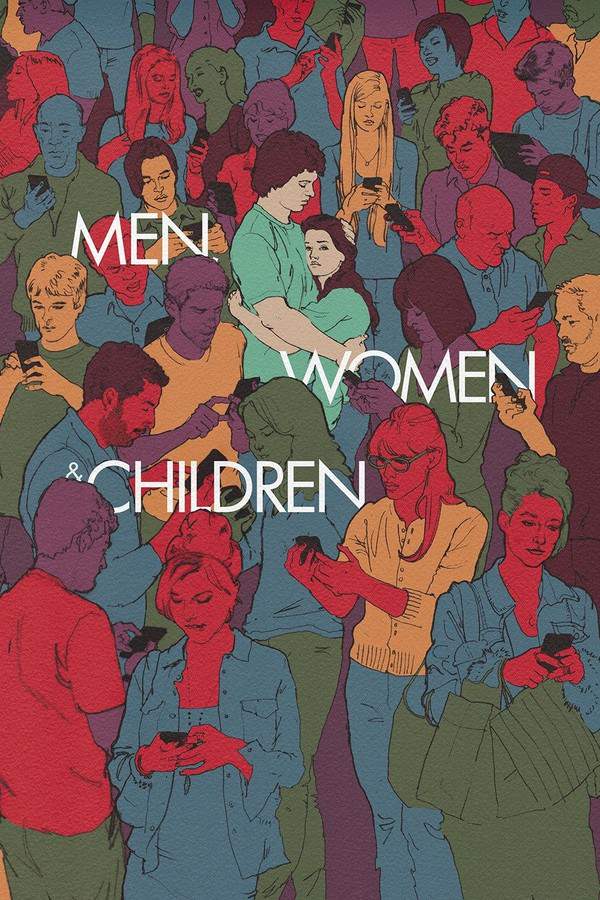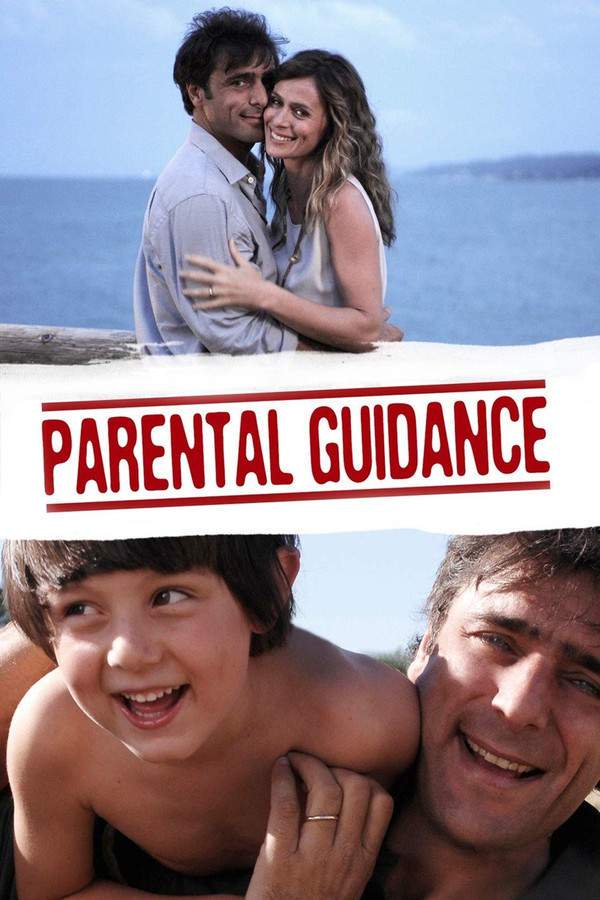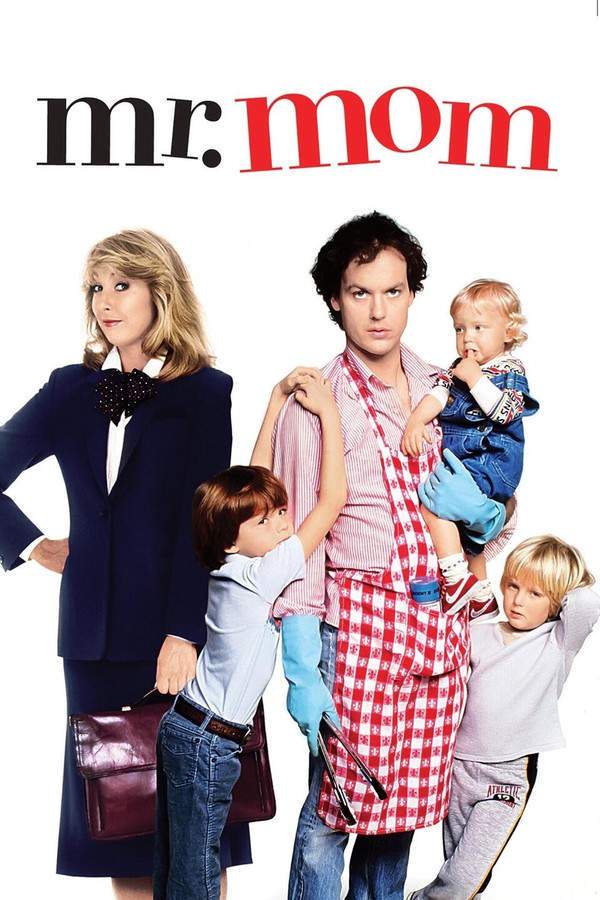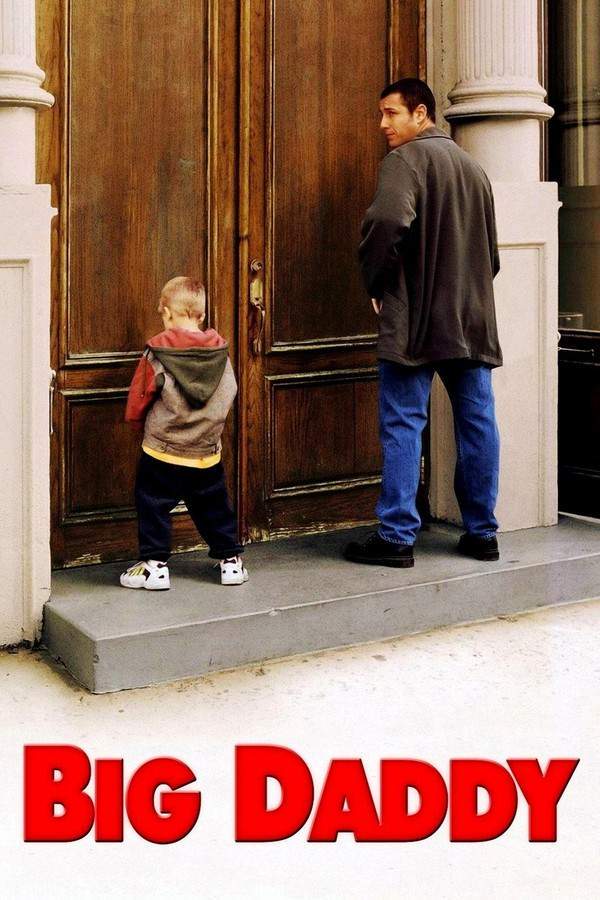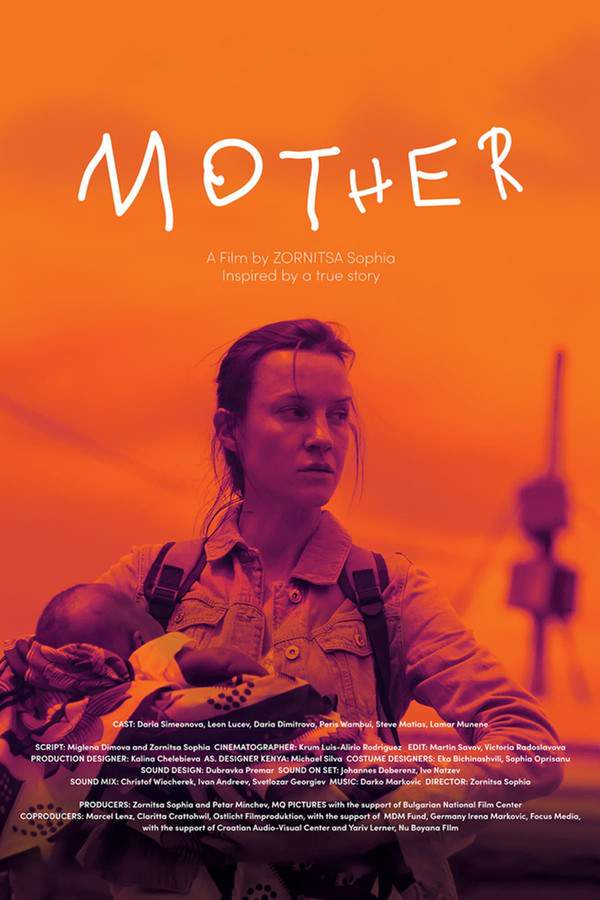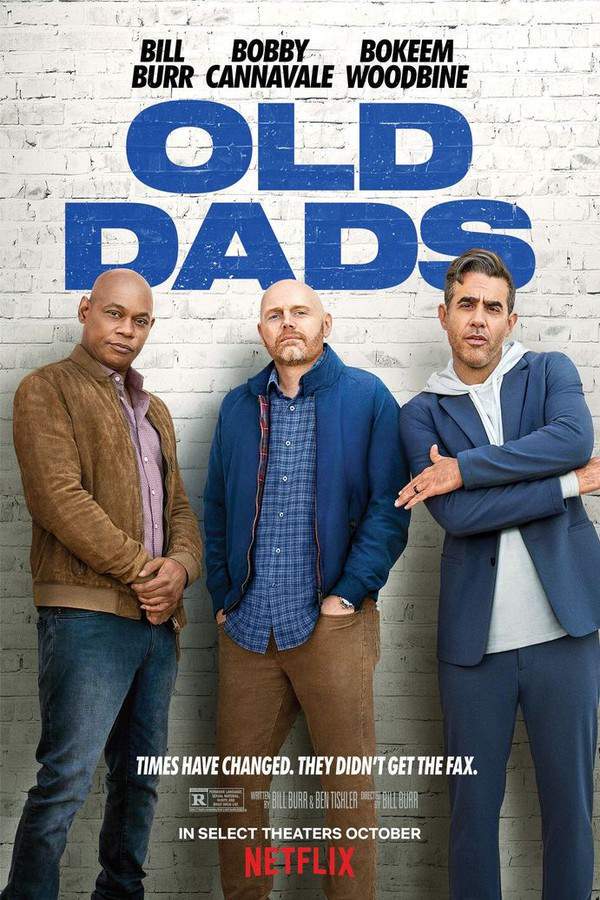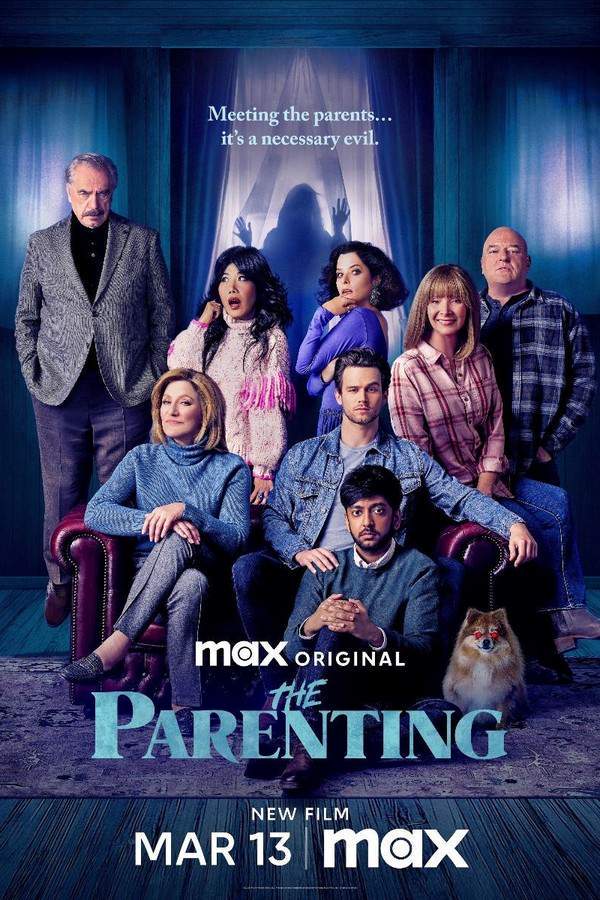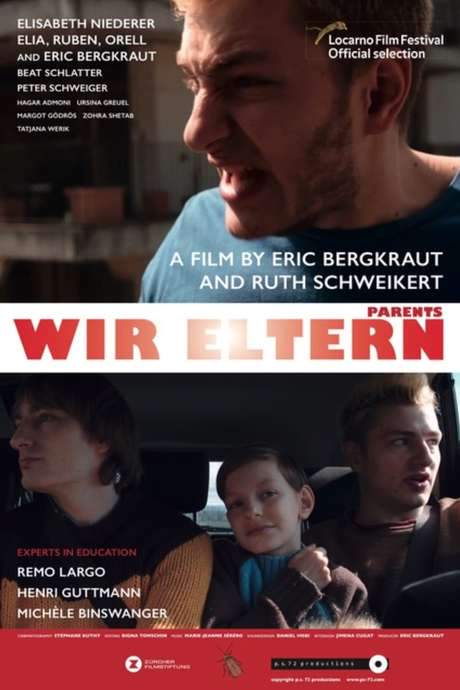Parenthood 1989
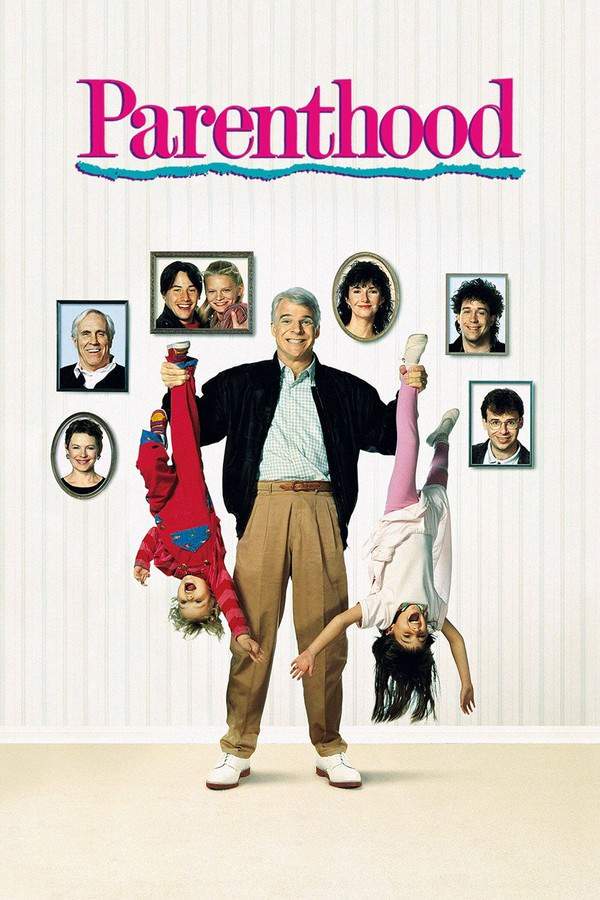
A look at the lives of Gil Buckman and his children, as well as those of his siblings, exploring the joys and struggles of raising a family. Gil, a meticulous man, finds himself challenged by the unpredictable nature of parenting and the complexities of his extended family. The film portrays various family situations, including teenage pregnancy, sibling conflicts, and the process of growing up, offering a relatable and humorous look at the realities of parenthood and the importance of connection.
Does Parenthood have end credit scenes?
No!
Parenthood does not have end credit scenes. You can leave when the credits roll.
Meet the Full Cast and Actors of Parenthood
Explore the complete cast of Parenthood, including both lead and supporting actors. Learn who plays each character, discover their past roles and achievements, and find out what makes this ensemble cast stand out in the world of film and television.
External Links and Streaming Options
Discover where to watch Parenthood online, including streaming platforms, rental options, and official sources. Compare reviews, ratings, and in-depth movie information across sites like IMDb, TMDb, Wikipedia or Rotten Tomatoes.
Ratings and Reviews for Parenthood
See how Parenthood is rated across major platforms like IMDb, Metacritic, and TMDb. Compare audience scores and critic reviews to understand where Parenthood stands among top-rated movies in its genre.

82
Metascore
7.5
User Score


92%
TOMATOMETER

76%
User Score

50
%
User Score
Take the Ultimate Parenthood Movie Quiz
Challenge your knowledge of Parenthood with this fun and interactive movie quiz. Test yourself on key plot points, iconic characters, hidden details, and memorable moments to see how well you really know the film.
Parenthood Quiz: Test your knowledge on the 1989 film 'Parenthood' and its themes of family dynamics and personal growth.
Who plays the role of Gil Buckman?
Steve Martin
Tom Hulce
Jason Robards
Keanu Reeves
Show hint
Awards & Nominations for Parenthood
Discover all the awards and nominations received by Parenthood, from Oscars to film festival honors. Learn how Parenthood and its cast and crew have been recognized by critics and the industry alike.
47th Golden Globe Awards 1990
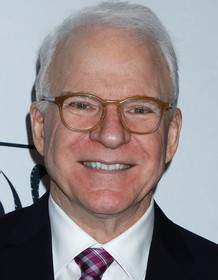
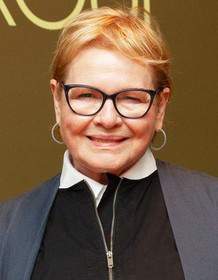
Best Supporting Performance in a Motion Picture – Drama, Comedy or Musical (Supporting Actress)
Dianne WiestBest Original Song
Full Plot Summary and Ending Explained for Parenthood
Read the complete plot summary of Parenthood, including all major events, twists, and the full ending explained in detail. Explore key characters, themes, hidden meanings, and everything you need to understand the story from beginning to end.
Gil Buckman, portrayed by Steve Martin, is a passionate and anxious sales executive caught in the whirlwind of suburban life in St. Louis. Striving to be an involved father, he battles the shadow of his own father, Frank, whose emotionally distant nature left a lasting impact on him. As he navigates the complexities of fatherhood, Gil’s world becomes increasingly turbulent upon discovering his oldest son, Kevin, is facing emotional challenges and is recommended for therapy by the school psychologist. The realization that his two younger children, daughter Taylor and son Justin, also grapple with their issues only amplifies Gil’s insecurities, prompting him to deeply interrogate his capabilities as a parent.
To compound his anxieties, his wife, Karen—played by Mary Steenburgen—announces her pregnancy with their fourth child, eliciting a mix of joy and trepidation as Gil grapples with the financial and emotional responsibilities he feels ill-equipped to shoulder. Thrust into an overwhelming sense of dread, the pressures of impending fatherhood clash with the cutthroat nature of his workplace, dominated by a dishonest manager who exemplifies the very traits he despises about his father. A pivotal moment unfolds when Frank, portrayed by Jason Robards, seeks Gil’s counsel on navigating the life of Larry (Tom Hulce), his rebellious younger brother—someone Gil has always perceived as a reflection of the parenting failures he fears he is repeating. During this critical conversation, Frank candidly admits his own fears of being perceived as a failure while acknowledging Gil’s commitment to being a dedicated father.
“Worry for one’s child never ends.”
Throughout the film, Gil embarks on a journey of transformation, gradually learning to embrace life’s unpredictabilities, which positively influences Kevin’s emotional struggles. In a humorous turn of events during a birthday celebration where the hired cowboy fails to appear, Gil dons a cowboy outfit himself to lift the spirits of his family. Meanwhile, his sister, Helen (Dianne Wiest), confronts her own family dilemmas, trying to balance life as a divorced bank manager with her troubled children, Garry (Joaquin Phoenix) and Julie (Martha Plimpton). Garry, initially portrayed as a reclusive and troubled adolescent, harbors secrets that unsettle Helen, leading her to suspect he may be involved with drugs, only to discover it’s a paper bag filled with adult material he secretly peruses.
In parallel, Julie, uninterested in her academic future despite her impressive SAT score, navigates her teenage romance with slacker Tod Higgins (Keanu Reeves), who eventually becomes a stabilizing force in her life. Together, they brave the challenges of young parenthood, moving back in with Helen after their marriage and pregnancy. Focused on supporting her children, Helen realizes the importance of fostering healthy relationships, leading her to provide emotional support to both her children and soon-to-be son-in-law, even when faced with the trials posed by Tod’s dangerous profession.
On another front, the dynamics of Gil’s sister, Susan (Harley Kozak), and her neurotic scientist husband, Nathan Huffner (Rick Moranis), highlight the struggles of parental expectations. Their daughter, Patty, becomes the center of Nathan’s obsession, causing a rift in their marriage that Susan attempts to mend through shared experiences and ultimately reclaiming her happiness. Their journey resonates deeply as they face their suitability as parents, inching toward a fragile reconciliation, underscored by Nathan’s heartfelt attempts to adapt his approach.
The film also touches upon Larry, the family’s black sheep, whose endless pursuit of get-rich-quick schemes and gambling spirals lead him to confront his father, seeking support but ultimately heading towards an uncertain fate. While Larry’s reckless path creates friction, it also reinforces the values of family, support, and the lessons passed down through generations.
In a poignant conclusion, the Buckman family gathers at the hospital, celebrating a new chapter in their lives—the arrival of a new baby girl and the signs of personal advancements among the parents. Frank embraces a change in his demeanor, warmly interacting with his grandson, Cool, thus breaking the cycle of emotional neglect. As Gil and Karen embrace their expanded family, Nathan eases into his role as a father, and Helen revels in the newfound peace with her daughter’s choices, the narrative encapsulates a blend of warmth, growth, and the unending complexities of parenthood amidst evolving familial roles.
Uncover the Details: Timeline, Characters, Themes, and Beyond!

Coming soon on iOS and Android
The Plot Explained Mobile App
From blockbusters to hidden gems — dive into movie stories anytime, anywhere. Save your favorites, discover plots faster, and never miss a twist again.
Sign up to be the first to know when we launch. Your email stays private — always.
Discover Film Music Concerts Near You – Live Orchestras Performing Iconic Movie Soundtracks
Immerse yourself in the magic of cinema with live orchestral performances of your favorite film scores. From sweeping Hollywood blockbusters and animated classics to epic fantasy soundtracks, our curated listings connect you to upcoming film music events worldwide.
Explore concert film screenings paired with full orchestra concerts, read detailed event information, and secure your tickets for unforgettable evenings celebrating legendary composers like John Williams, Hans Zimmer, and more.


Cars Featured in Parenthood
Explore all cars featured in Parenthood, including their makes, models, scenes they appear in, and their significance to the plot. A must-read for car enthusiasts and movie buffs alike.
Parenthood Themes and Keywords
Discover the central themes, ideas, and keywords that define the movie’s story, tone, and message. Analyze the film’s deeper meanings, genre influences, and recurring concepts.
Parenthood Other Names and Titles
Explore the various alternative titles, translations, and other names used for Parenthood across different regions and languages. Understand how the film is marketed and recognized worldwide.
Similar Movies To Parenthood You Should Know About
Browse a curated list of movies similar in genre, tone, characters, or story structure. Discover new titles like the one you're watching, perfect for fans of related plots, vibes, or cinematic styles.
Quick Links: Summary, Cast, Ratings, More

What's After the Movie?
Not sure whether to stay after the credits? Find out!
Explore Our Movie Platform
New Movie Releases (2025)
Famous Movie Actors
Top Film Production Studios
Movie Plot Summaries & Endings
Major Movie Awards & Winners
Best Concert Films & Music Documentaries
Movie Collections and Curated Lists
© 2025 What's After the Movie. All rights reserved.













